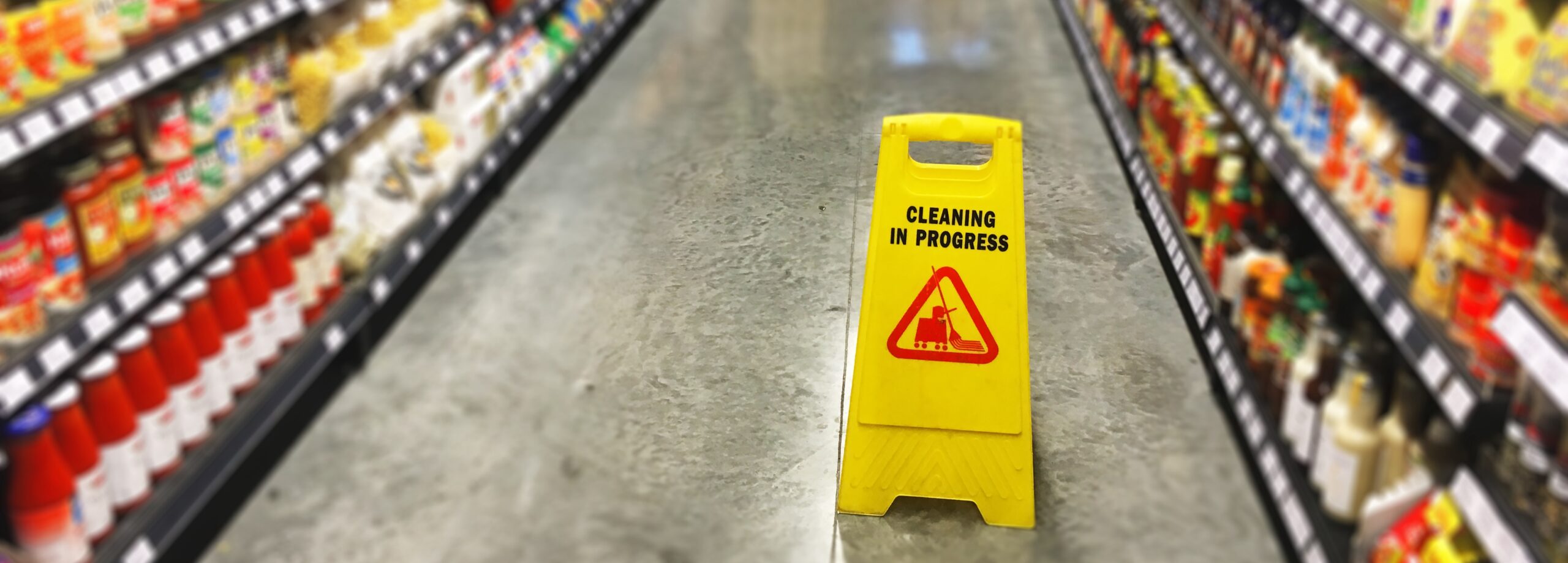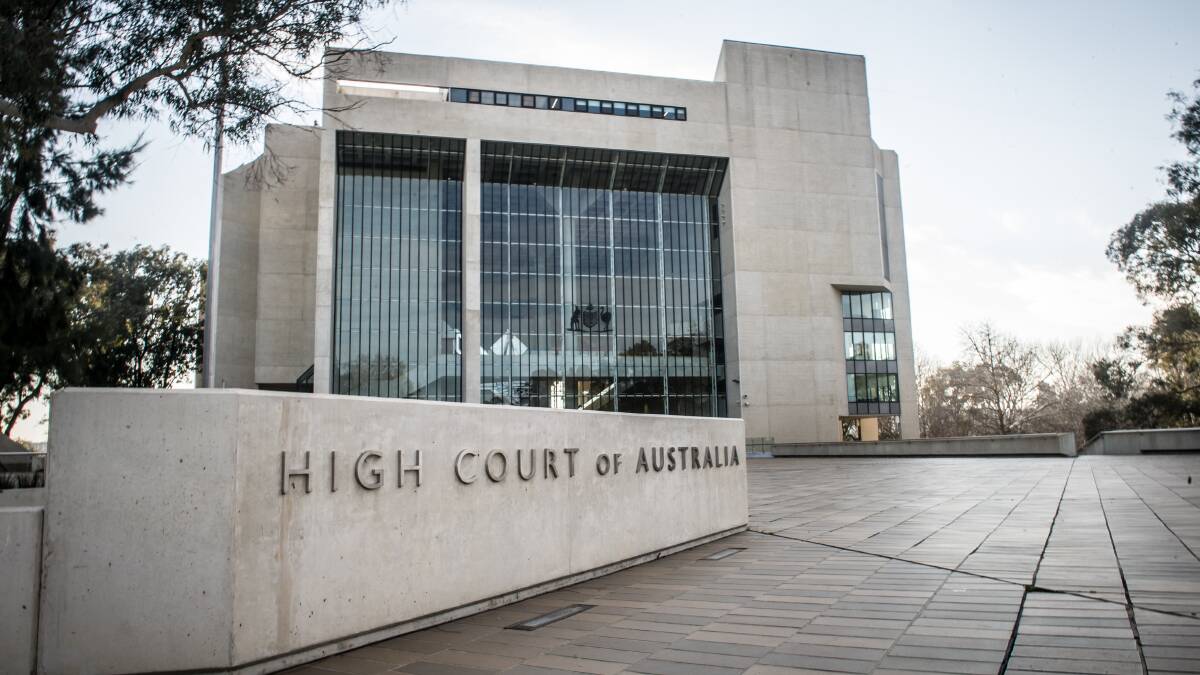Content warning: This article discusses institutional abuse. If this topic is distressing, support is available through 1800RESPECTor the Blue Knot Foundation.
What Is Institutional Abuse?
Institutional abuse occurs when a person—often a chi…
Legal Blog.

Filter by Service
All|Institutional Abuse|Legal Blog|Media Centre|Personal Injury|Road Injury & TAC Claims|Superannuation TPD Insurance|WorkCover & Workplace Injury
As most people are aware, in order to achieve a successful TPD claim, you must satisfy the TPD definition contained in the Insurer’s Policy applicable as at the Date of Disablement.
However, unbeknown to many people, there are multiple TPD …
The recent High Court decision in Bishop Paul Bird and DP (A Pseudonym [2024] HCA 41 has left many survivors of institutional abuse feeling abandoned by the legal system. While we cannot change the Court's ruling, we can and must advocate for …
At Stringer Clark, our experienced and committed TAC claims lawyers approach each case with truly local knowledge, recognising that every injury and recovery journey is unique. The legislation that applies to transport accident claims is compl…
At Stringer Clark, our TPD Insurance Claims Lawyers are always ready to assist with any questions you might have about your superannuation funds, particularly as it pertains to your level of insurance. When it comes to Total and Permanent Disa…
When working in a legal field as complex and emotional as institutional abuse, the reality is that lawyers will frequently engage with clients and other parties who have experienced trauma. While the lawyer’s primary focus is navigating the le…
On Wednesday, November 13, the High Court unanimously overturned a decision of the Victorian Court of Appeal to find that the Roman Catholic Diocese of Ballarat cannot be found vicariously liable for sexual abuse carried out by one of its prie…
Whether you're enjoying a scenic ride in the sunshine or navigating through heavy traffic on your way to work, no one should be at risk of personal injury. However, motorcyclists face unique risks on the road, primarily due to visibility issue…
PLEASE NOTE, STRINGER CLARK NO LONGER OFFERS FAMILY LAW SERVICES. FOR REFERRAL INFORMATION, CONTACT THE LAW INSTITUTE OF VICTORIA. WE APOLOGISE FOR ANY INCONVENIENCE.
From May 6th, 2024, the objectives of the Family Law Act 1975 (…
PLEASE NOTE, STRINGER CLARK NO LONGER OFFERS FAMILY LAW SERVICES. FOR REFERRAL INFORMATION, CONTACT THE LAW INSTITUTE OF VICTORIA. WE APOLOGISE FOR ANY INCONVENIENCE.
On 19 October 2023, the federal parliament passed two significa…
In dealing with Public Liability personal injury cases, what stands out is how seemingly trivial or simple the cause of lifelong injuries can be. Indeed, few would leave their house too concerned that some spilt milk at the supermarket may cha…
The Victorian Board of Inquiry into historical child sexual abuse in Beaumaris Primary School and certain other named government schools has finally released its report.
The Inquiry came off the back of a prolonged call to action from survi…
We recently had a complex legal matter which we handling on behalf of a client concerning the issue of pursuing common law damages for workplace injuries sustained in transport accidents. The overlap of WorkCover and TAC jurisdiction presented…
Yesterday, the High Court of Australia refused the Catholic Archdiocese of Melbourne’s request to appeal a decision allowing a parent to recover damages for sexual abuse of their child.
In 2022, the Supreme Court of Victoria allowed a paren…
The High Court handed down its decision of GLJ -v- The Trustees of the Roman Catholic Church for the Diocese of Lismore on 1 November 2023. Those of us working for victims/survivors of childhood sexual abuse applaud the decision, which has al…
Our usual Blog authors are lawyers employed by Ryan Carlisle Thomas and/or its associated entity, Stringer Clark.
From time to time, we may also publish blogs authored by other staff members or guest bloggers. Where this is the case, it will be made clear. Any advice applies to Victorian State law as at the date of first publication. The information is a general guide only and is not a substitute for legal advice applicable to a user’s own circumstances.
Residents of other Australian States or Territories or countries are advised to seek legal advice from a lawyer practising in their own area, as laws may vary from region to region.















